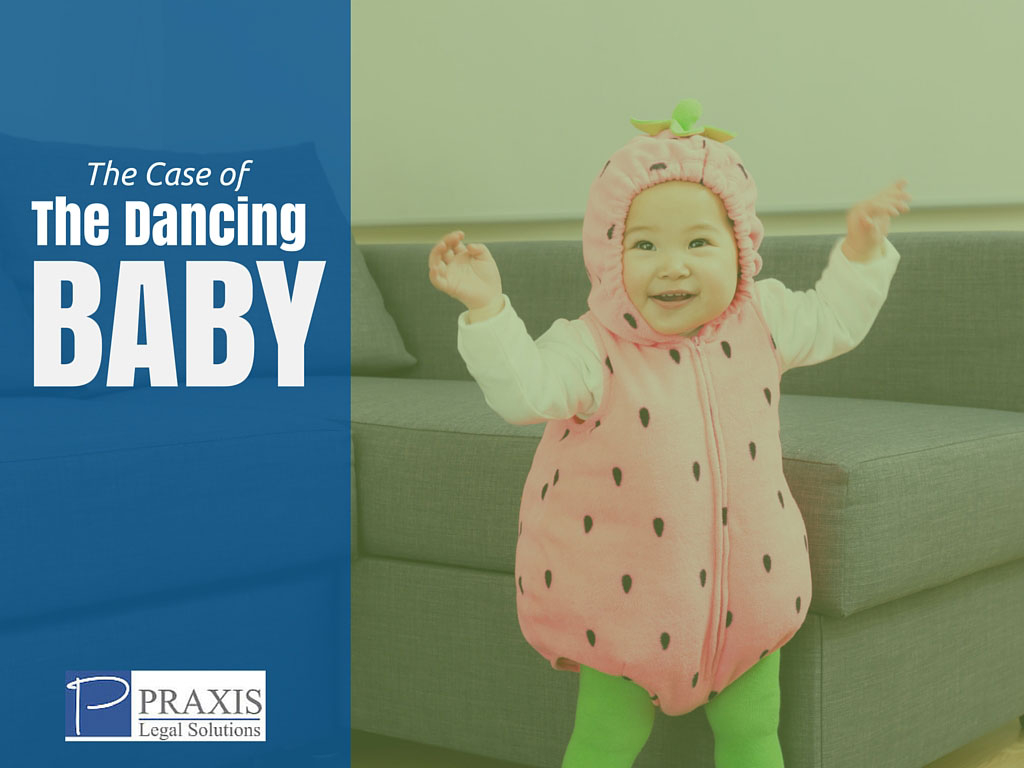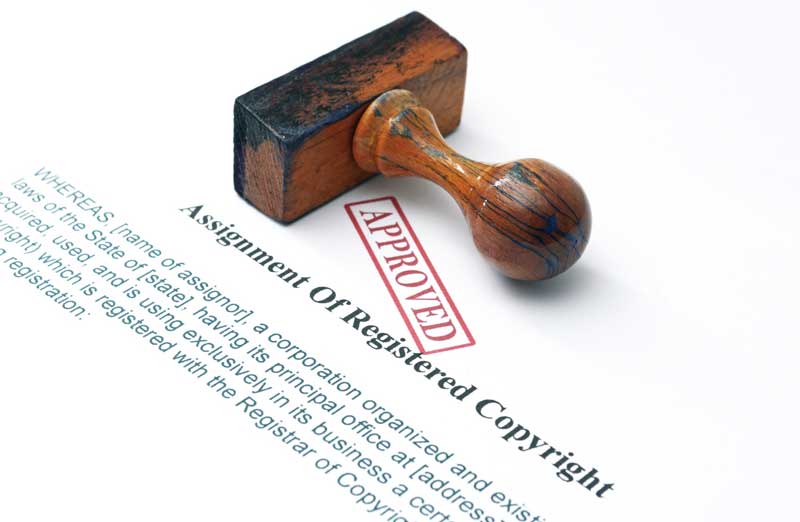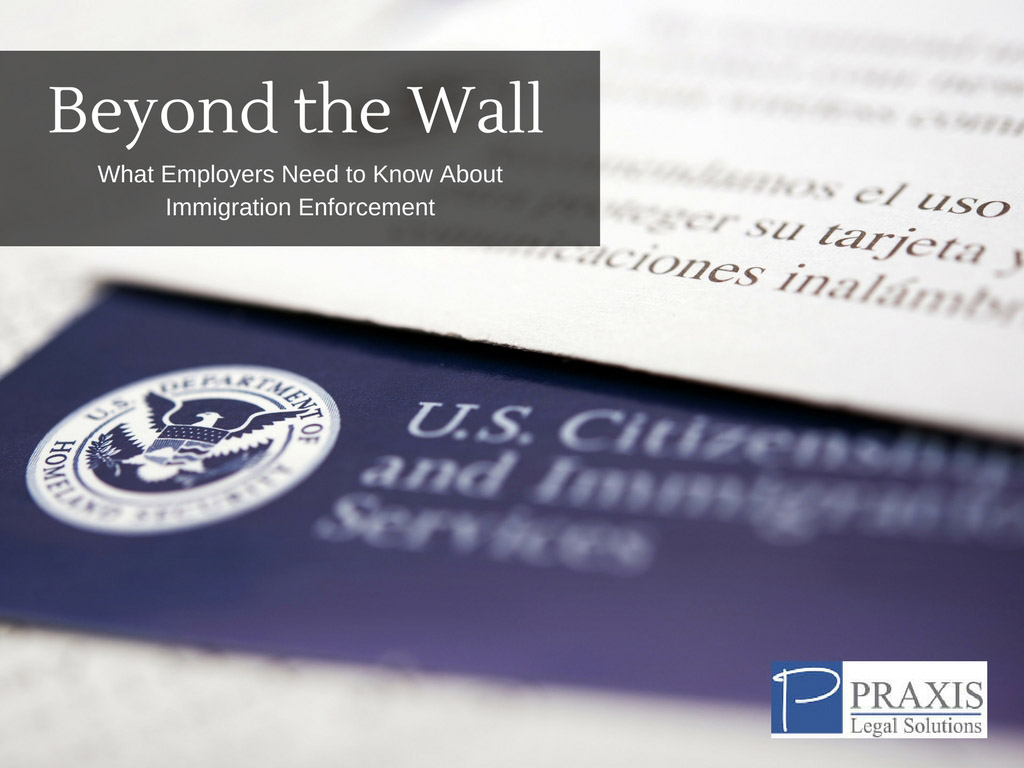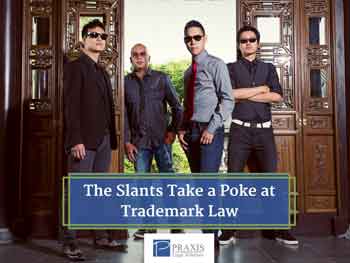In 2008, Stephanie Lenz posted a video to YouTube of her toddler son dancing to a tune by the artist formerly, and once again, known as Prince. The tune was Let’s Go Crazy, and the video was titled “Let’s Go Crazy #1”.

Universal Music Group issued a takedown notice under the Digital Millennium Copyright Act (“DMCA”), asserting that the use of Let’s Go Crazy was “not authorized by the copyright owner, its agent or the law”. Those last three little words would prove to be a big problem for Universal; a problem that lasted for eight years and ended when the Ninth Circuit Court of Appeals ruled in favor of Lenz.
Lenz filed a counter notice, claiming that Universal failed to consider whether her use of Let’s Go Crazy was permissible under “the law”; the law in this case being the fair use exception under the Copyright Act. Much litigation ensued, the end result of which was a finding by the court that Universal did not give due consideration to Lenz’s claim of fair use.
 Fair Use Exception
Fair Use Exception
“Fair use” is the use of copyrighted material for a “limited and transformative” purpose, such as comment, criticism or parody. Lenz’s use of the Prince tune could be characterized as either comment or parody, as it was clearly not intended as a substitute for the Prince tune, and, as such, would not have infringed Prince’s right to profit from his creation.
The Dancing Baby case is important for the owners of copyrighted material, whether musical, literary or graphical, because it makes explicit the obligation of a copyright owner, or the owner’s agent, to make a good faith, subjective judgment as to whether the use of copyrighted material is within the fair use exception. A mere assertion is not enough; nor will an argument that “fair use” is an affirmative defense.
The Ruling on Dancing Baby Case
The Dancing Baby case is important as well for anyone who wishes to claim a fair use exception. The Ninth Circuit did not define the parameters of a good faith, subjective judgment; its holding was that whether a use is a fair use is an issue of fact to be determined by a jury. The ruling in the Dancing Baby case cuts both ways. The owners of copyrighted material must form a subjective judgment, considering the totality of the circumstances, as to whether a use is a fair use. Similarly, those who would make use of copyrighted material under the fair use exception must take care to ensure that the use is indeed “limited and transformative”. Parodying the lyrics of Let’s Go Crazy would arguably make the cut; uploading your acappella performance of Let’s Go Crazy, or using a recording of Vladimir Horowitz playing Mozart as background music on your website would most definitely not.
Music, photos and graphics are available online in abundance, seemingly there for the taking. But because you can, does not mean that you may. If you have questions, or would like more information about fair use or the DMCA, you can contact me at your convenience.







 The Slants Take a Poke at Trademark Law
The Slants Take a Poke at Trademark Law What’s In a Name?
What’s In a Name?
Leave a Reply